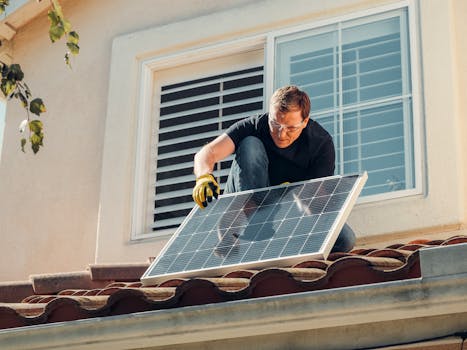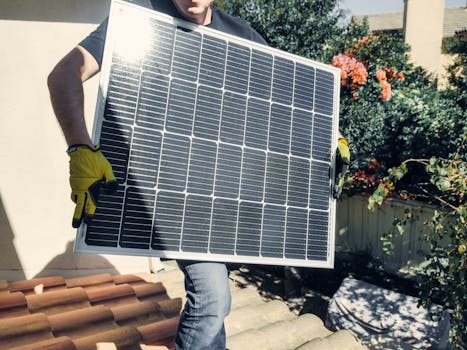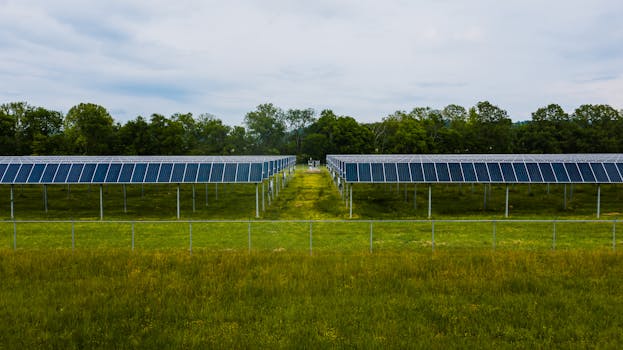You’ll usually need an electrical qualification to work as an installer.
You could do a college course to get some of the technical knowledge and skills that may help you get onto an apprenticeship, or to find a trainee installer position with a company.
Courses include:
- electrical installation
- electronic and electrical engineering
- electrical wiring regulations (18th edition)
- T Level in Building Services Engineering for Construction
You may also need to complete a short course on the installation and maintenance of solar photovoltaic (PV) systems, depending on your experience and any existing qualifications you hold.
Entry requirements
Entry requirements for these courses vary.








